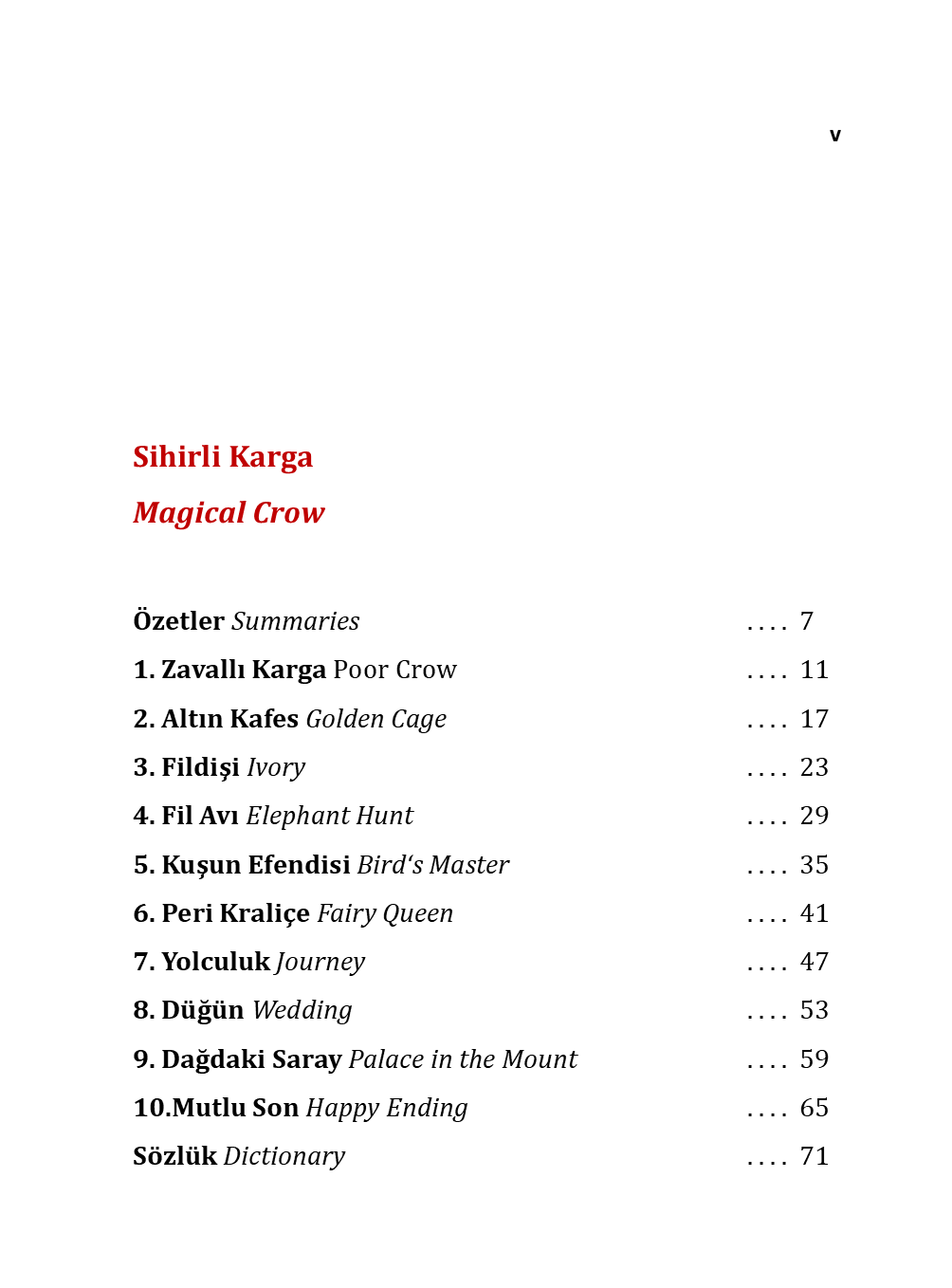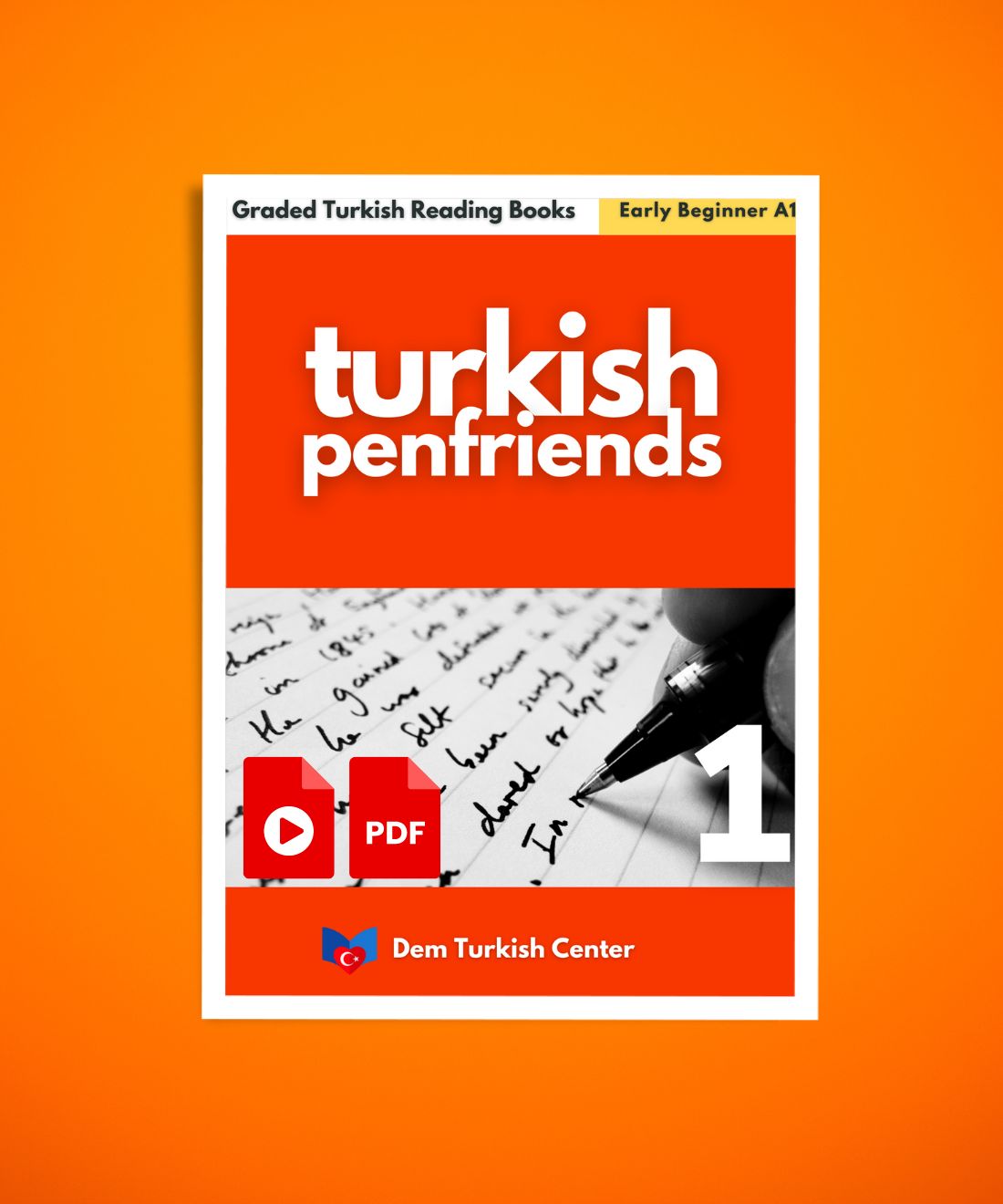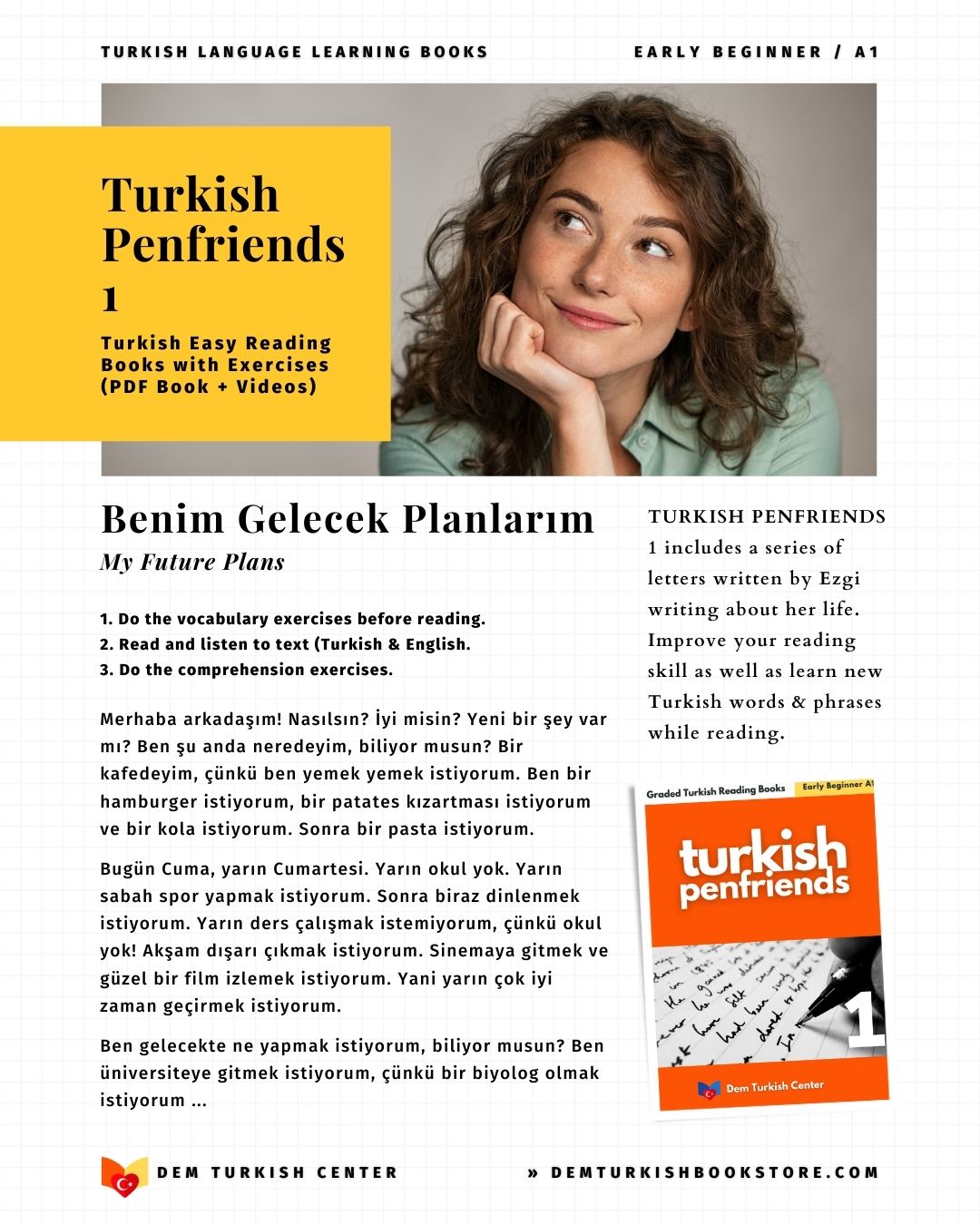
How to use "For" in Turkish Language
Learn how to use "For" in Turkish language in this short Turkish lesson. This Turkish lesson is ideal for beginner (A2) or pre-intermediate Turkish language learners.
Please feel free to use the comment form below if you have questions about this Turkish grammar point.
1. For in Turkish
The word for "For" in Turkish is "İçin". The words like "for (için), with (ile), like (gibi) etc" comes after the word in Turkish. For example:
- Bu Ali için, bu Ayşe için.. This is for Ali, and this is for Ayşe.
- Ben annem için bir hediye aldım. I have bought a gift for my mother.
- Niçin (Ne için) burada bekliyorsun? What are you waiting here for?
If you want to use it with pronouns, you are using possessive adjectives (My, your, his, her, its, our, your, their), unlike English (Me, you, him, her, it, us, you, them). For example:
- Bu benim için, o senin için. This is for me, that is for you.
- Ben bu kahveyi onun için yaptım. I made this coffee for him/her.
- (Benim) Sizin için bir sürprizim var. I have a surprise for you.
2. Infinitive of Purpose in Turkish
Do you know what is the infinitive of purpose?
What is infinitive of purpose?
The infinitive of purpose if the use of the "to" form of a verb in answer to the implied question "Why, what for?". For example:
- He went to the cafe, because he wanted to drink a coffee.
- Why, what did he go to the cafe? To drink a coffee.
- He went to the cafe to drink a coffee.
3. Infinitive of Purpose in Turkish
The form is similar in Turkish, except that:
- You are adding the word "için" to the infinitive form (purpose).
- The form comes at the beginning of the sentence (after the person).
For example:
- O kafeye gitti, çünkü o bir kahve içmek istedi
- O neden, niçin kafeye gitti? Kahve içmek için.
- O bir kahve içmek için kafeye gitti.
Here are more examples:
- O bir pizza yemek için restorana gitti. He went to the restaurant to eat a pizza.
- O bir film izlemek için sinemaya gitti. He went to the cinema to watch a film.
- O Türkiye'de yaşamak için Türkçe öğreniyor. He is learning Turkish to live in Turkey.
4. "For" for Duration
You are using a suffix for "for (duration)" in Turkish. The suffix is "- dir / dür / dır / dur" or "- tir / tür / tır / tur" depending on the last consonant. For example:
- Ben iki saattir ders çalışıyorum. I have been studying for two hours.
- Biz bir haftadır projenin üstünde çalışıyoruz. We have been working on the project for one week.
- Ben 5 yıldır İstanbul'da yaşıyorum. I have been living in Istanbul for five years.
Let me explain a typical mistake about the use of this suffix in Turkish. This suffix (for "For" in English) is only used with the continuous actions (I have been doing), not for completed actions in the past (I did). For example:
- Ben 2 yıldır İzmir'de yaşıyorum. I have been living in Izmir for 2 years (Continuous action)
- Ben 2 yıl İzmir'de yaşadım. I lived in Izmir for 2 years (Completed action)
5. "For" as "Because" in Turkish
The word "için (for)" is also used as "Çünkü (because)" in Turkish. For example:
- O işe gitmedi, çünkü o hasta. He didn't go to work, because he is sick.
- O hasta olduğu için işe gitmedi. He didn't go to work, because he is sick.
We hope you found this lesson useful for your Turkish studies.
Please use the comment form below if you have questions about this Turkish grammar point.
BECOME A DEM TURKISH CENTER MEMBER!
Thank you very much for your interest and visiting Dem Turkish Center bookstore. We hope our Turkish language courses and lessons will be very helpful for your Turkish studies.














